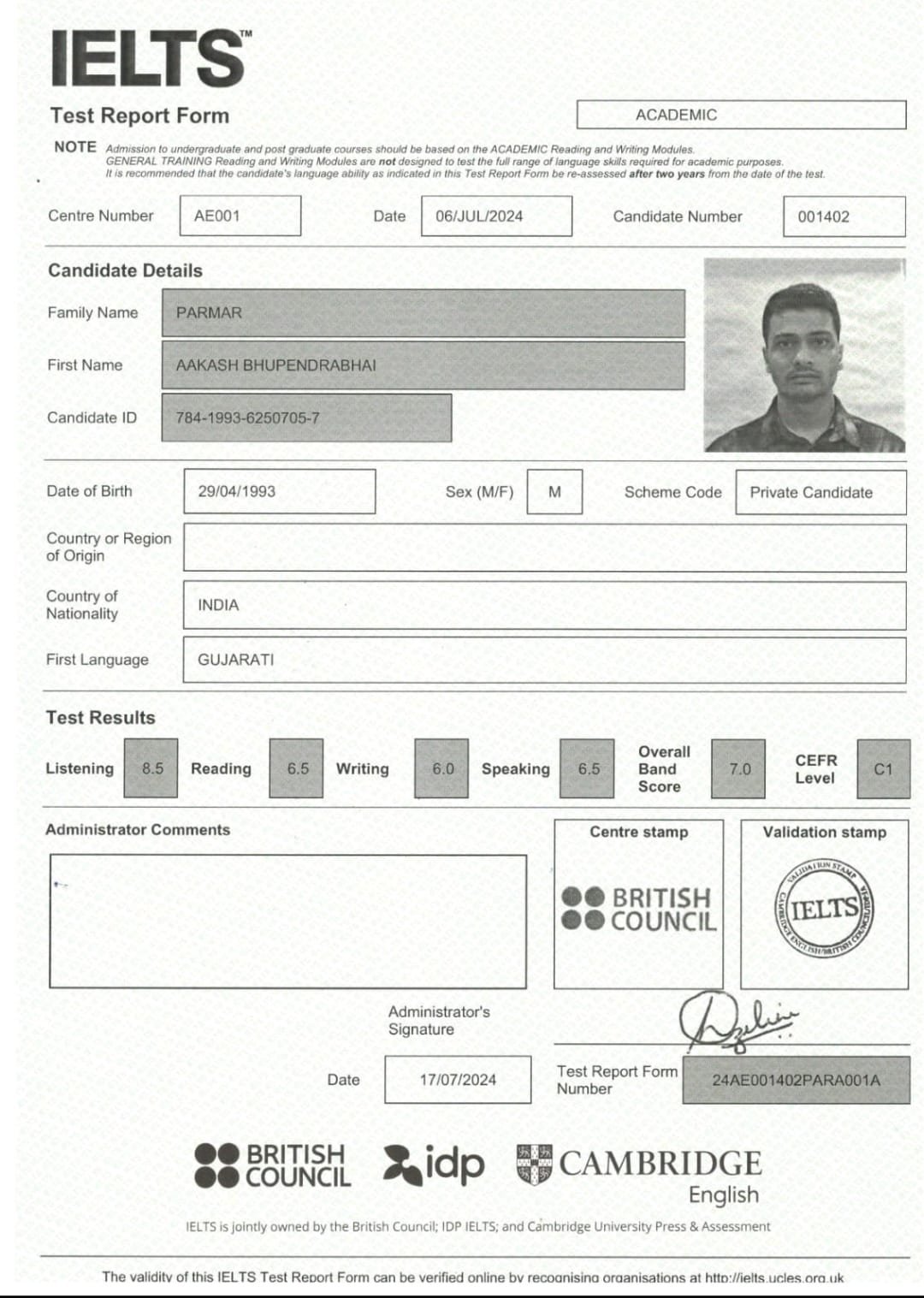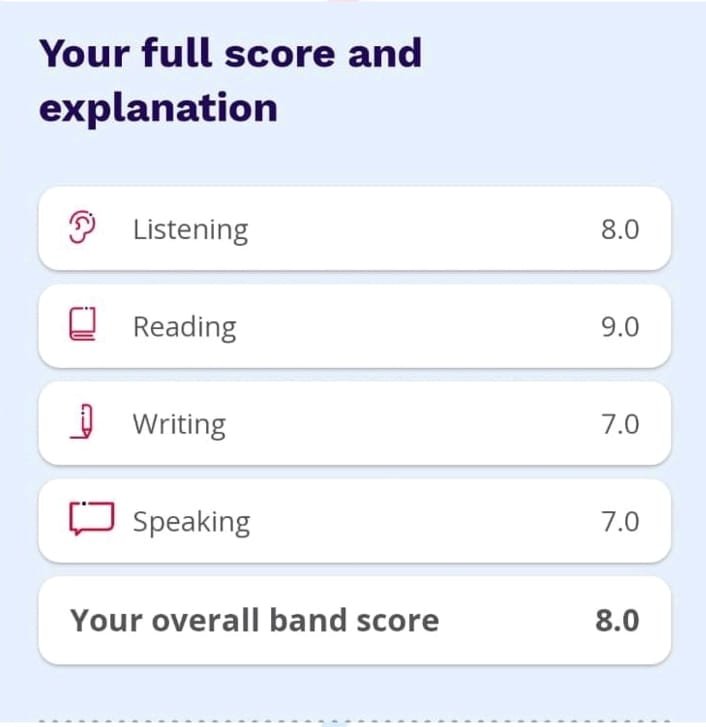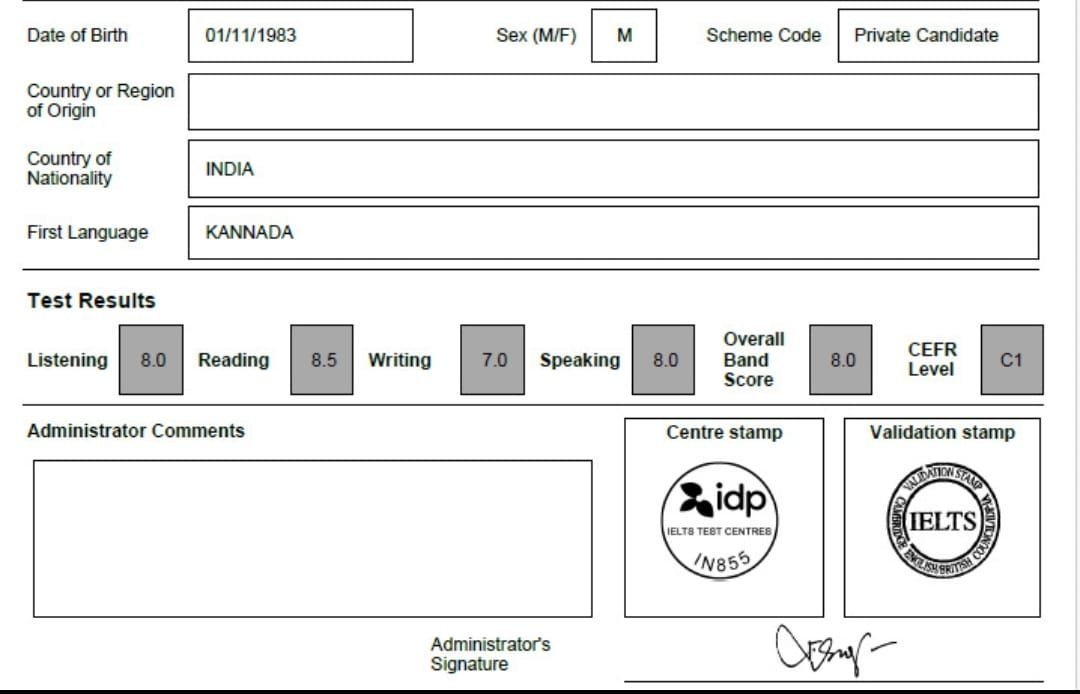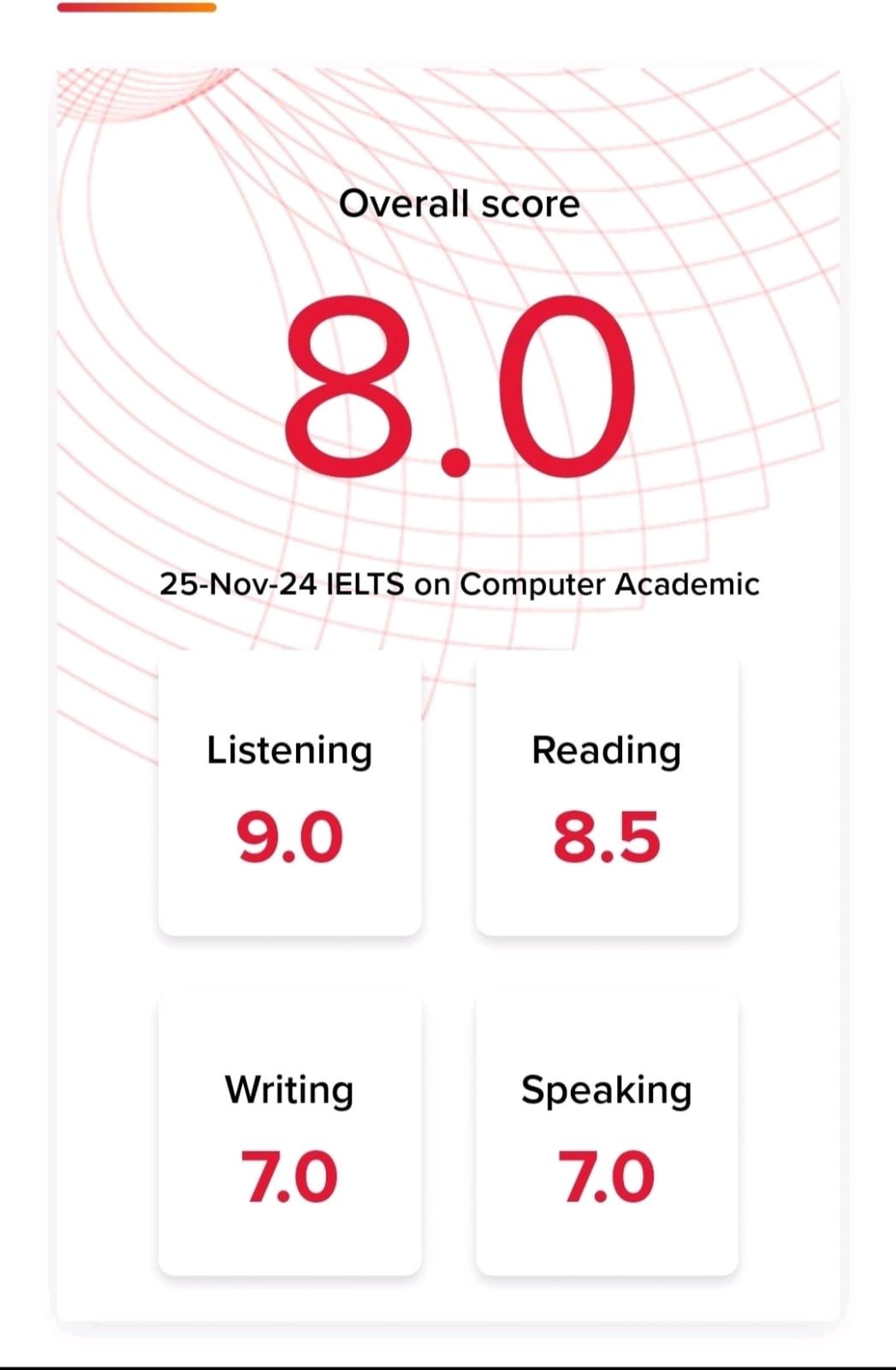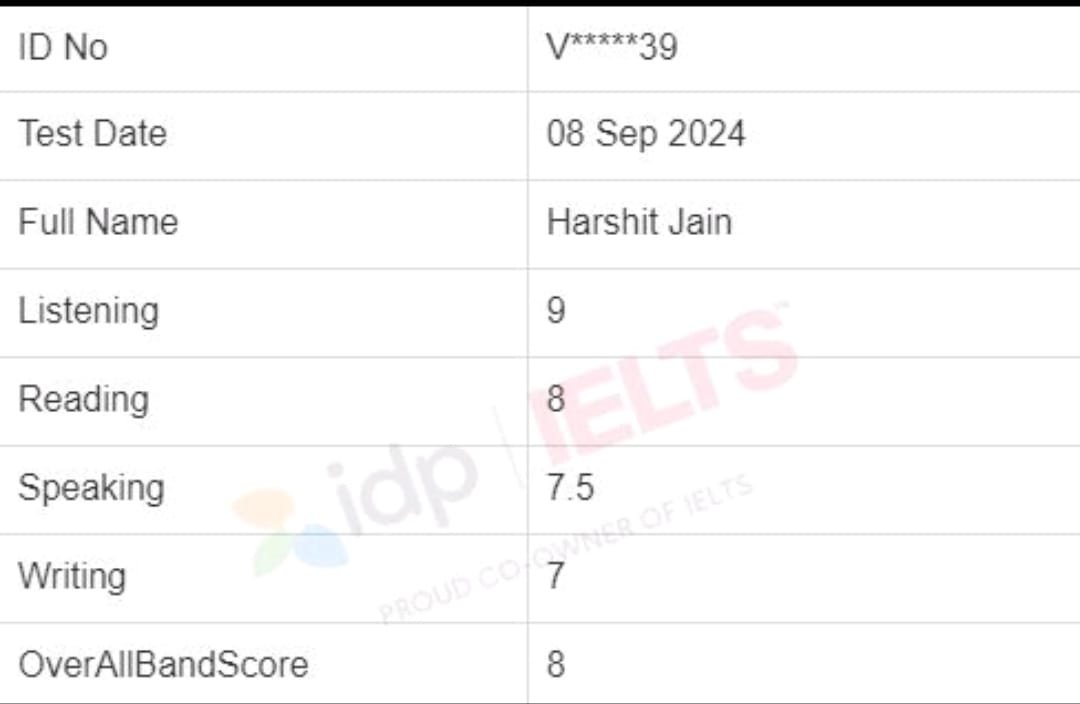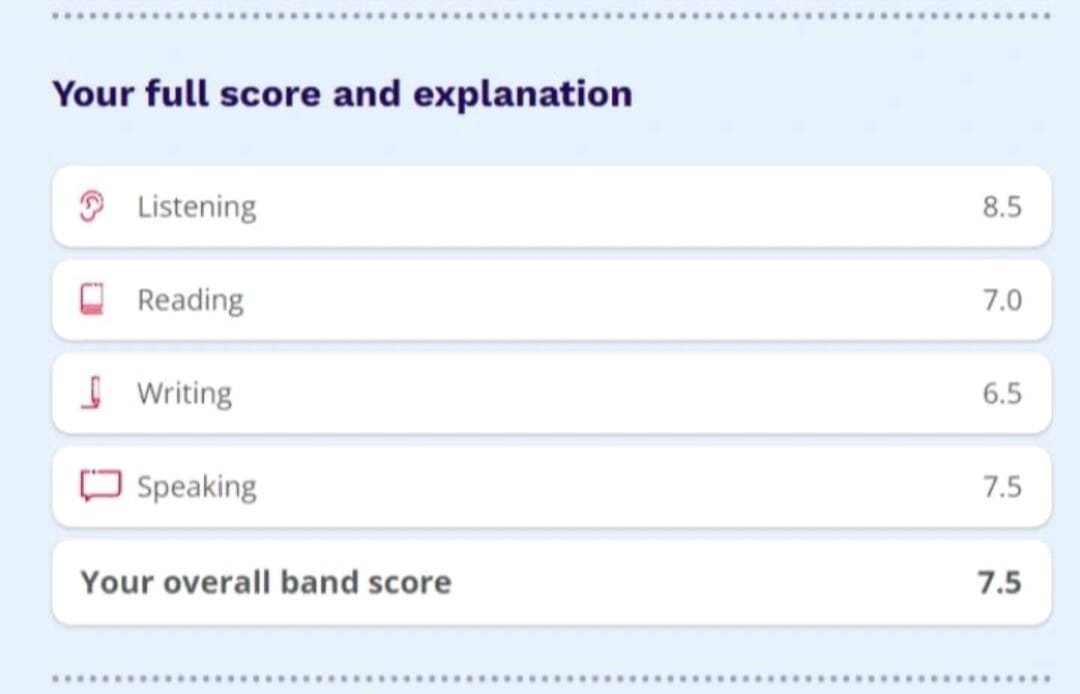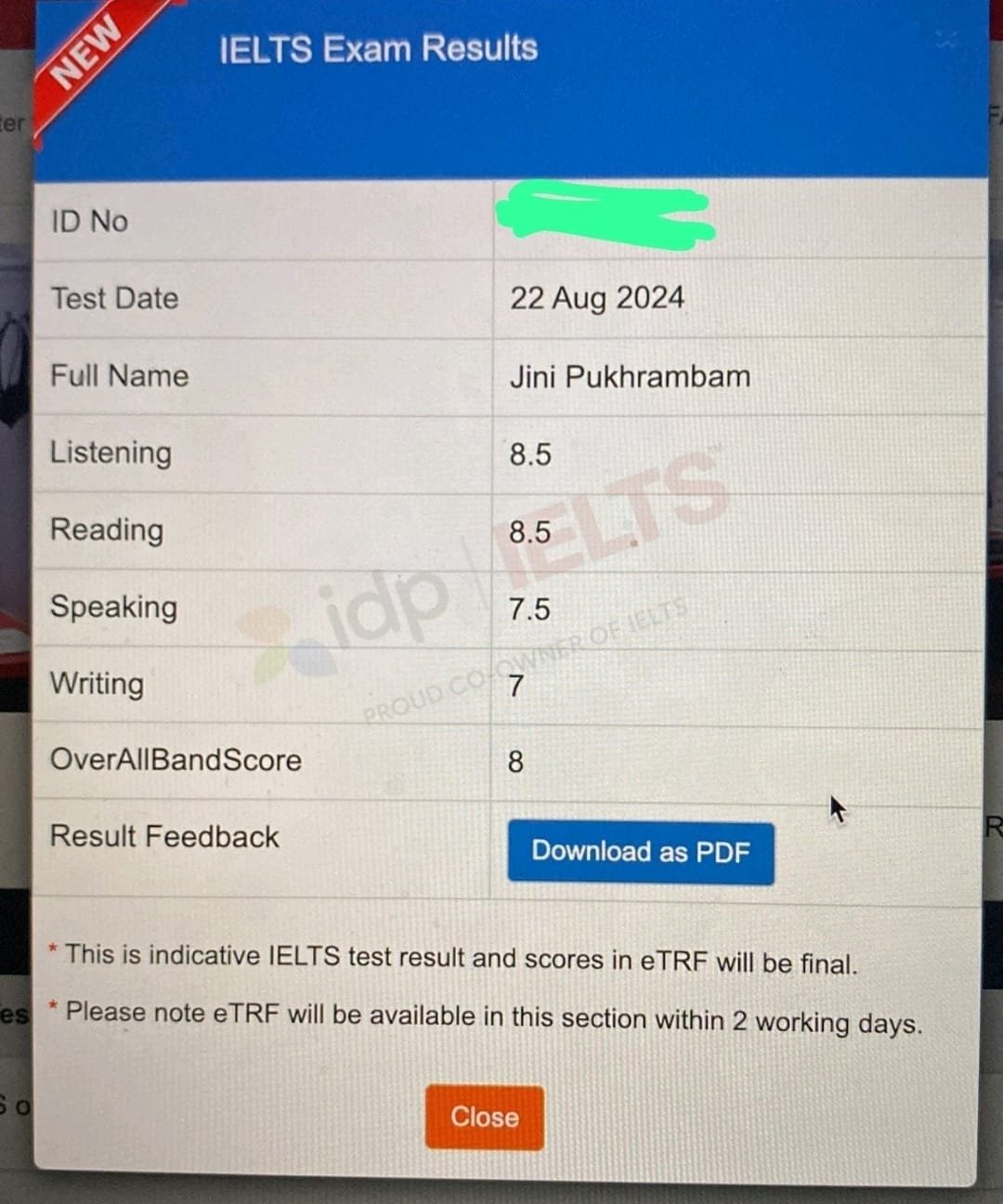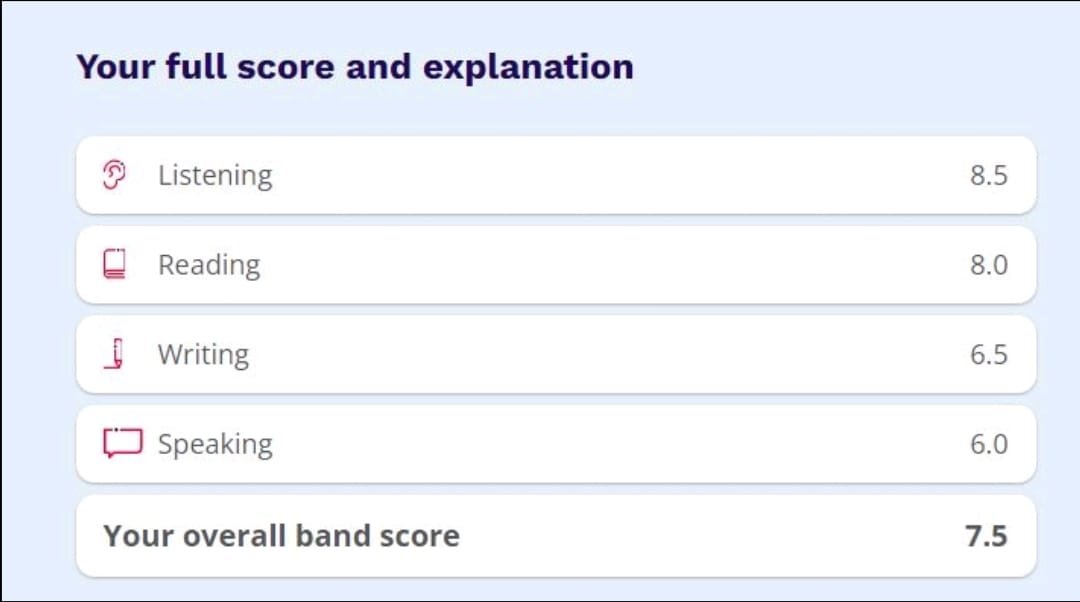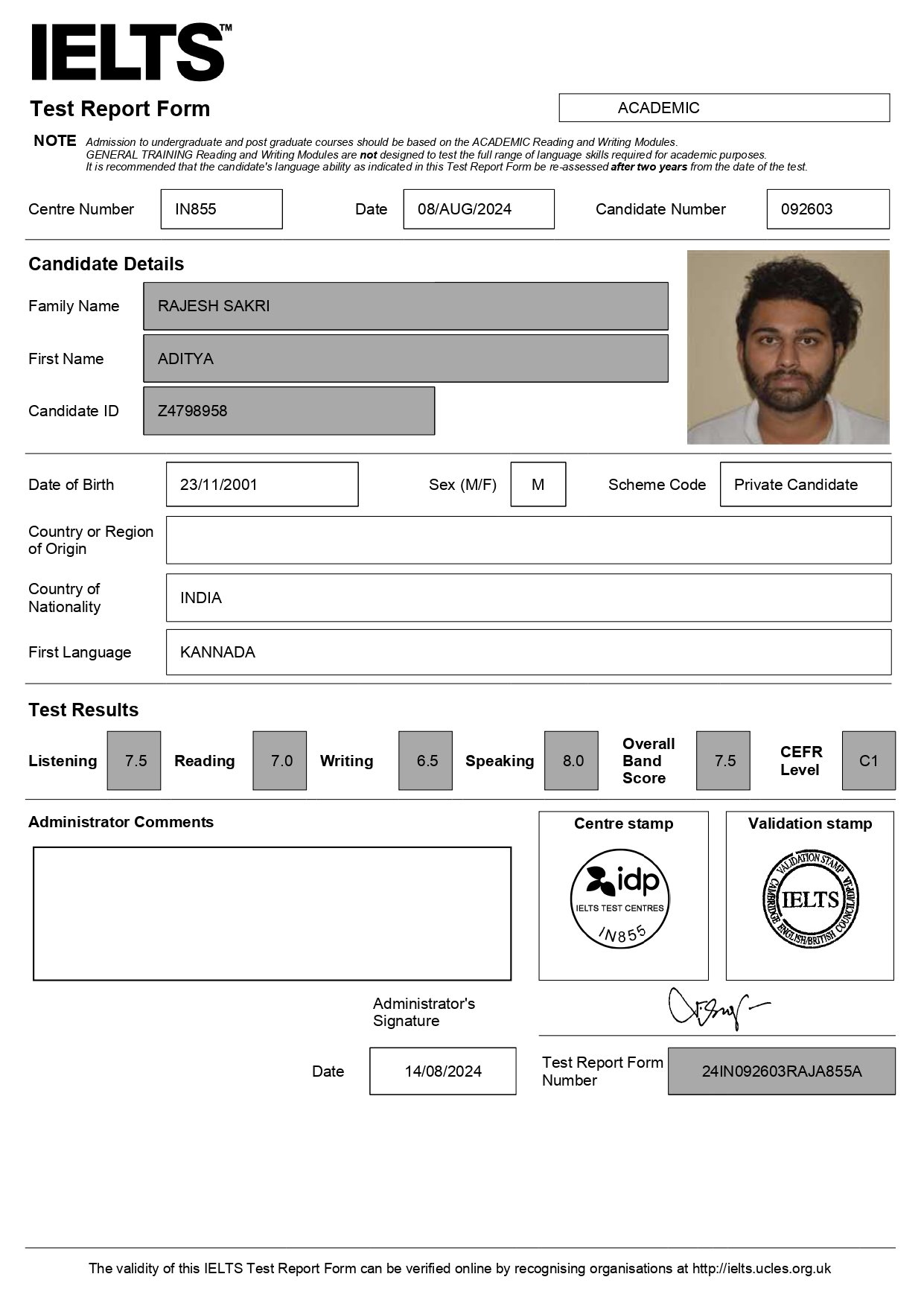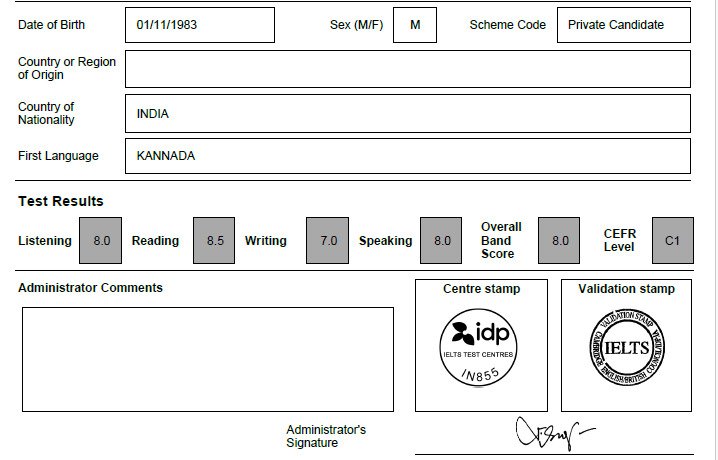
As an IELTS coach, I’ve worked with loads of non-neighborhood English speakers aiming to attain their desired band scores. Whether you are making plans to take a look at remote places, migrate, or discover your career opportunities, mastering the IELTS is an essential step. This complete guide is designed to stroll you through every component of IELTS schooling—from knowing the examination format to building the self-perception needed for the test day.
Understanding the IELTS Exam Structure
IELTS, or the International English Language Testing System, is split into 4 sections: Listening, Reading, Writing, and Speaking. The examination is designed to evaluate your potential to use English in instructional and real-world contexts.
Listening: four sections, forty questions. You’ll pay attention to recordings and answer questions primarily based on them.
Reading: three sections, forty questions. This differs slightly between academic and general training variations.
Writing: 2 obligations. Task 1 includes describing visual information (Academic) or letter writing (General). Task 2 is an essay.
Speaking: A face-to-face interview with an examiner, divided into 3 components—creation, a person’s long turn, and discussion.
Understanding the layout guarantees there aren’t any surprises on the day and enables you to prepare more effectively.
Useful resource – https://yourlocalieltscoach.com/helpful-online-resources-for-ielts-exam-preparation/
Setting Clear Goals Based on Band Requirements
Before diving into prep, determine your target band score. Universities, immigration offices, and employers often have specific requirements:
- Undergraduate courses: usually require 6.0–6.5
- Postgraduate courses: 6.5–7.5
- Immigration: varies, but often 7.0+
Once you know your goal, take a diagnostic test to identify your current level. The gap between your current and target score will help determine the intensity and duration of your study plan.
Creating a Realistic Study Plan
A successful IELTS prep journey starts with a well-structured study plan. Here’s how to build one:
- Assess your current level.
- Set weekly and monthly goals.
- Allocate specific time slots for each skill.
- Include time for mock tests and review.
- Be flexible but consistent.
Example: If you have 8 weeks to prepare, you might focus on one skill per week in the first month, and mix all skills with timed practice in the second month.
Improving Your English Language Skills
While IELTS-specific practice is important, your general English ability underpins everything. Work on your grammar, vocabulary, and fluency alongside test practice.
Listening
- Listen to English podcasts, news, and audiobooks.
- Practice with IELTS listening recordings.
- Learn to identify keywords and follow the speaker’s logic.
- Work on predicting answers and spotting distractors.
Read – https://yourlocalieltscoach.com/how-to-score-ielts-listening-test/
Reading
- Read a variety of texts: newspapers, magazines, and academic articles.
- Practice skimming for general understanding and scanning for details.
- Time yourself to improve speed and accuracy.
- Understand question types: multiple choice, true/false/not given, matching headings, etc.
Writing
- Study high-scoring IELTS essays.
- Practice planning before writing.
- Work on coherence, cohesion, and argument structure.
- Focus on grammar accuracy and appropriate vocabulary.
- Get feedback from a teacher or use online platforms.
Read – https://yourlocalieltscoach.com/how-to-improve-ielts-writing-expert-tips/
Speaking
- Practice speaking English daily—even to yourself.
- Record your responses and analyze them.
- Prepare answers to common IELTS questions.
- Work on pronunciation, intonation, and fluency.
- Simulate the test environment with a partner or coach.
Read – https://yourlocalieltscoach.com/common-questions-asked-in-ielts-speaking-topics-with-answers/
Choosing Between IELTS Academic and General Training
Know which test version you need:
- Academic: For university admission and professional registration.
- General Training: For migration, secondary education, or work experience.
The Listening and Speaking sections are the same, but Reading and Writing differ. Make sure all your practice materials match your test type.
Using Practice Tests Effectively
Practice tests help build familiarity and endurance. Here’s how to use them wisely:
- Take full-length tests under timed conditions.
- Review your answers thoroughly.
- Analyze your mistakes and learn from them.
- Track your progress over time.
Use official IELTS practice materials whenever possible to ensure authenticity.
Building Vocabulary and Grammar
- Maintain a vocabulary journal.
- Learn words in context, not isolation.
- Focus on collocations, phrasal verbs, and academic vocabulary.
- Use grammar books and apps to target weak areas.
Remember, accurate and flexible language use is key to scoring well.
Overcoming Common Challenges for Non-Native Speakers
- Anxiety: Practice in test-like conditions to reduce stress.
- Pronunciation: Use phonetic apps and mimic native speakers.
- Spelling and Grammar: Daily practice and proofreading habits help.
- Time Management: Simulate timed practice regularly.
Joining a study group or hiring a tutor can provide extra support and accountability.
Making Use of Online and Offline Resources
- Online: Websites like IELTS Liz, BBC Learning English, and YouTube channels.
- Books: Cambridge IELTS series, Barron’s IELTS, and official IELTS guides.
- Apps: IELTS Prep, Duolingo English Test, Grammarly.
- Courses: Online platforms like Udemy, Coursera, and local language centers.
Healful resource – https://yourlocalieltscoach.com/helpful-online-resources-for-ielts-exam-preparation/
Be selective—quality over quantity.
Tips for Test Day Success
- Get plenty of rest the night before.
- Eat a healthy meal before the test.
- Arrive early at the test center.
- Read instructions carefully.
- Don’t panic if you don’t know the answer—move on and return if time permits.
Bring the necessary documents and stay calm. Your preparation will pay off.
For more, join IELTS Classes today!
Staying Motivated and Tracking Progress
- Keep a study diary or log.
- Celebrate small milestones.
- Reflect on what strategies work best for you.
- Stay connected with others preparing for the test.
Persistence is key—IELTS success is a marathon, not a sprint.
Learning from Other Non-Native Speakers’ Experiences
Reading testimonials or watching films of successful applicants can encourage you and tell your own story. Everyone faces particular challenges, but shared strategies regularly work throughout cultures and backgrounds.
Final Thoughts
Preparing for IELTS as a non-local speaker can seem daunting, but with a clean plan, the proper sources, and consistent motivation, it is, in reality, viable. Remember, every hour you invest in your English abilities brings you one step closer to your desires. Good luck!



